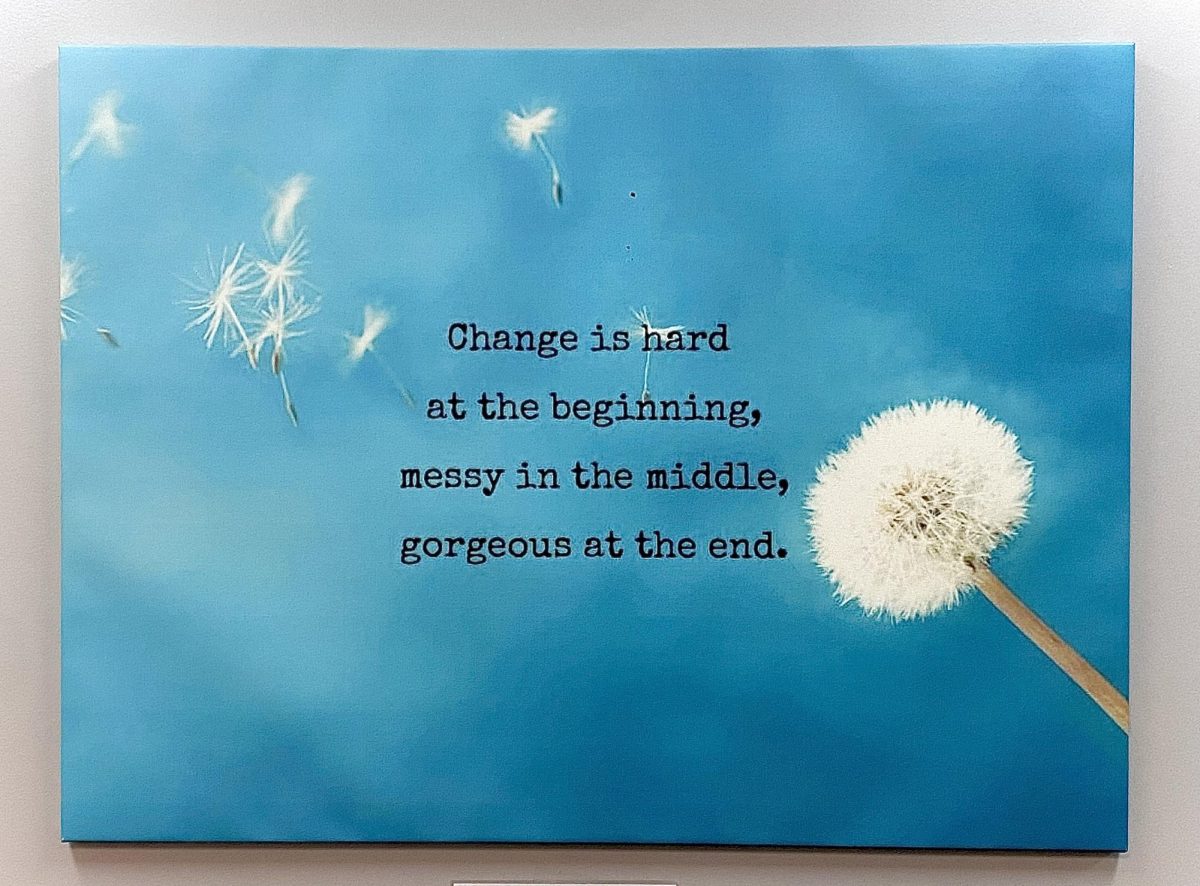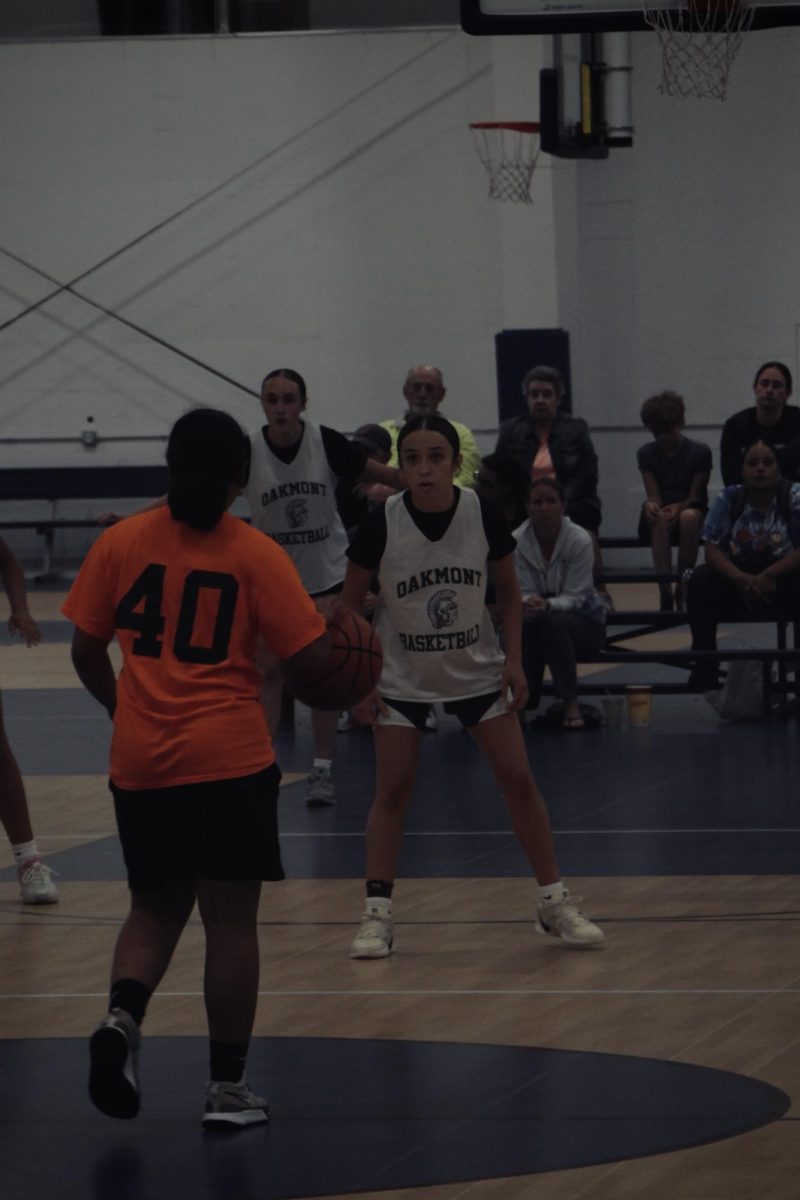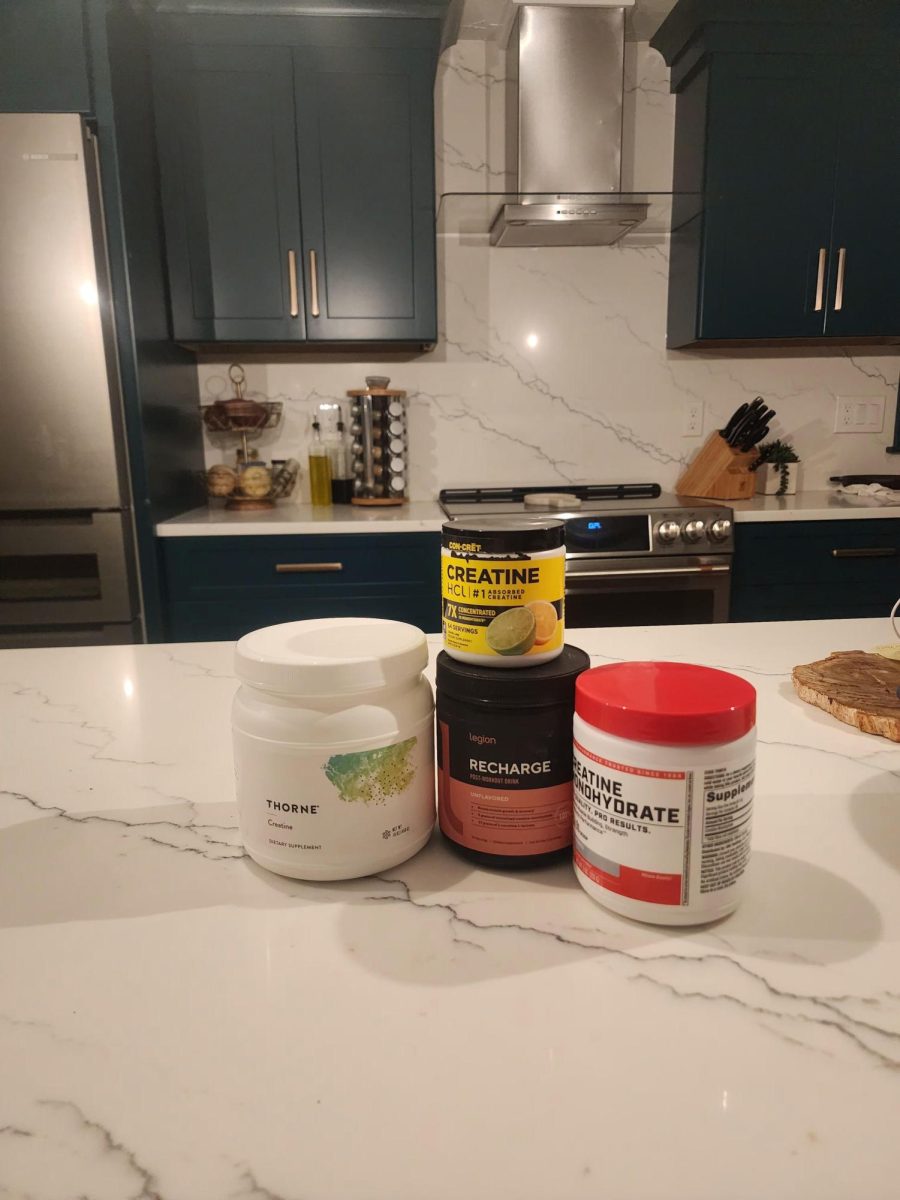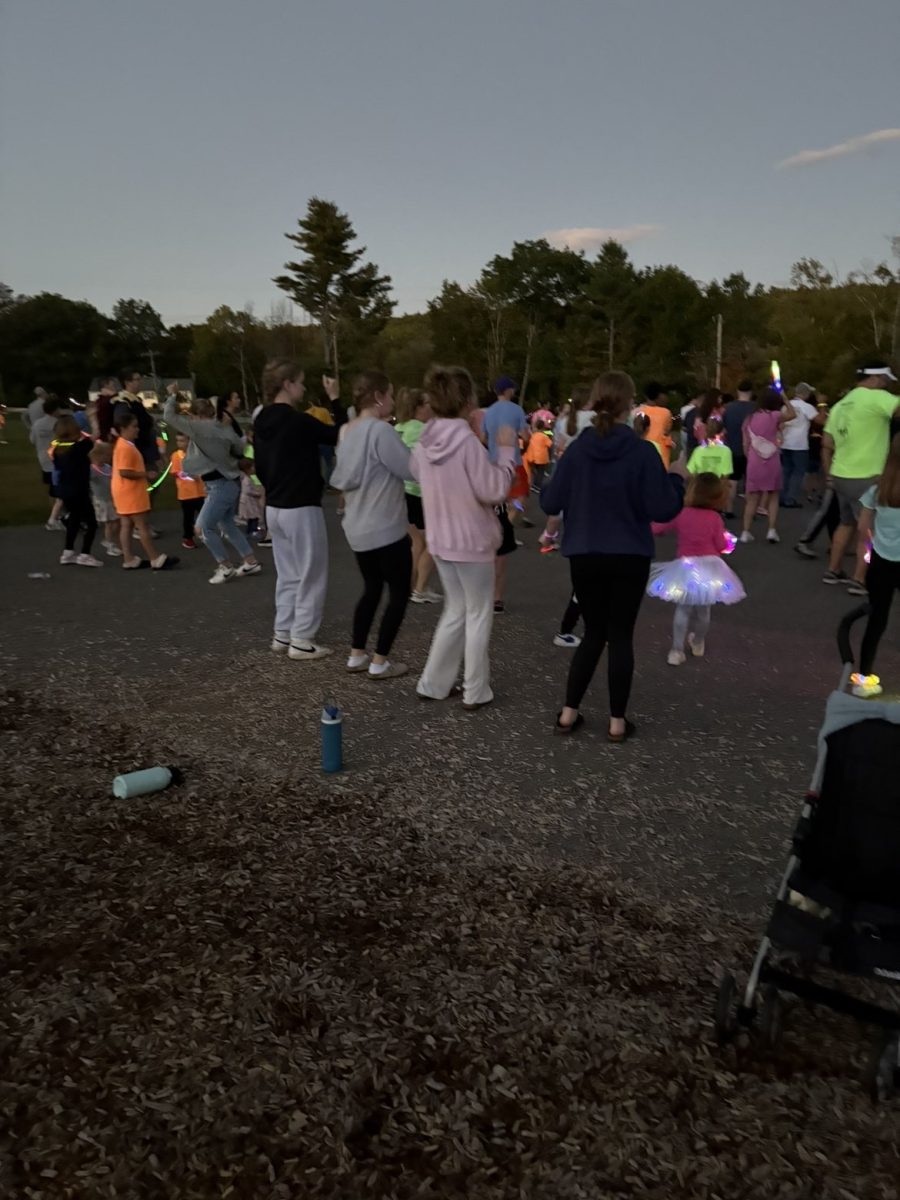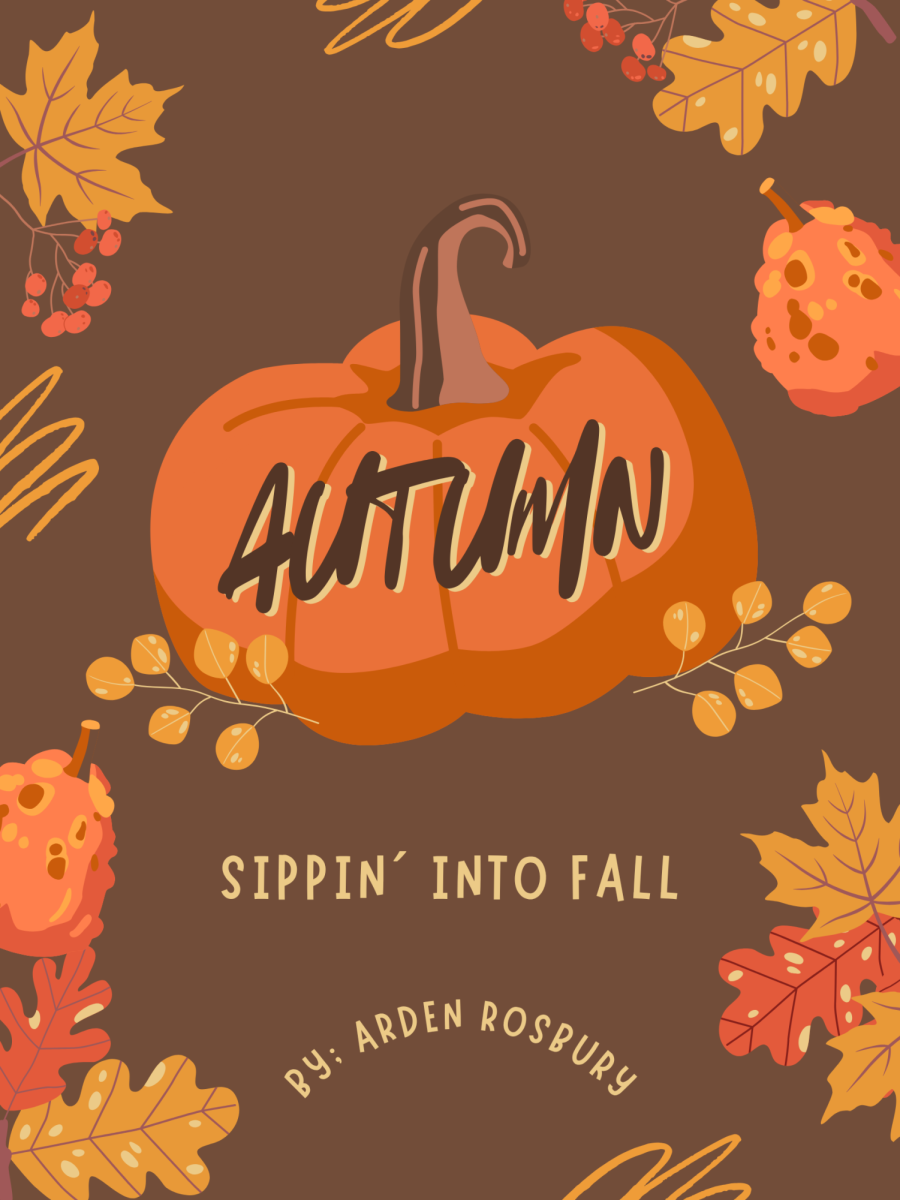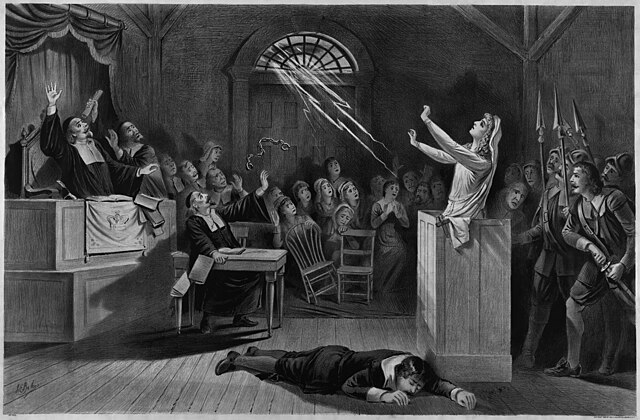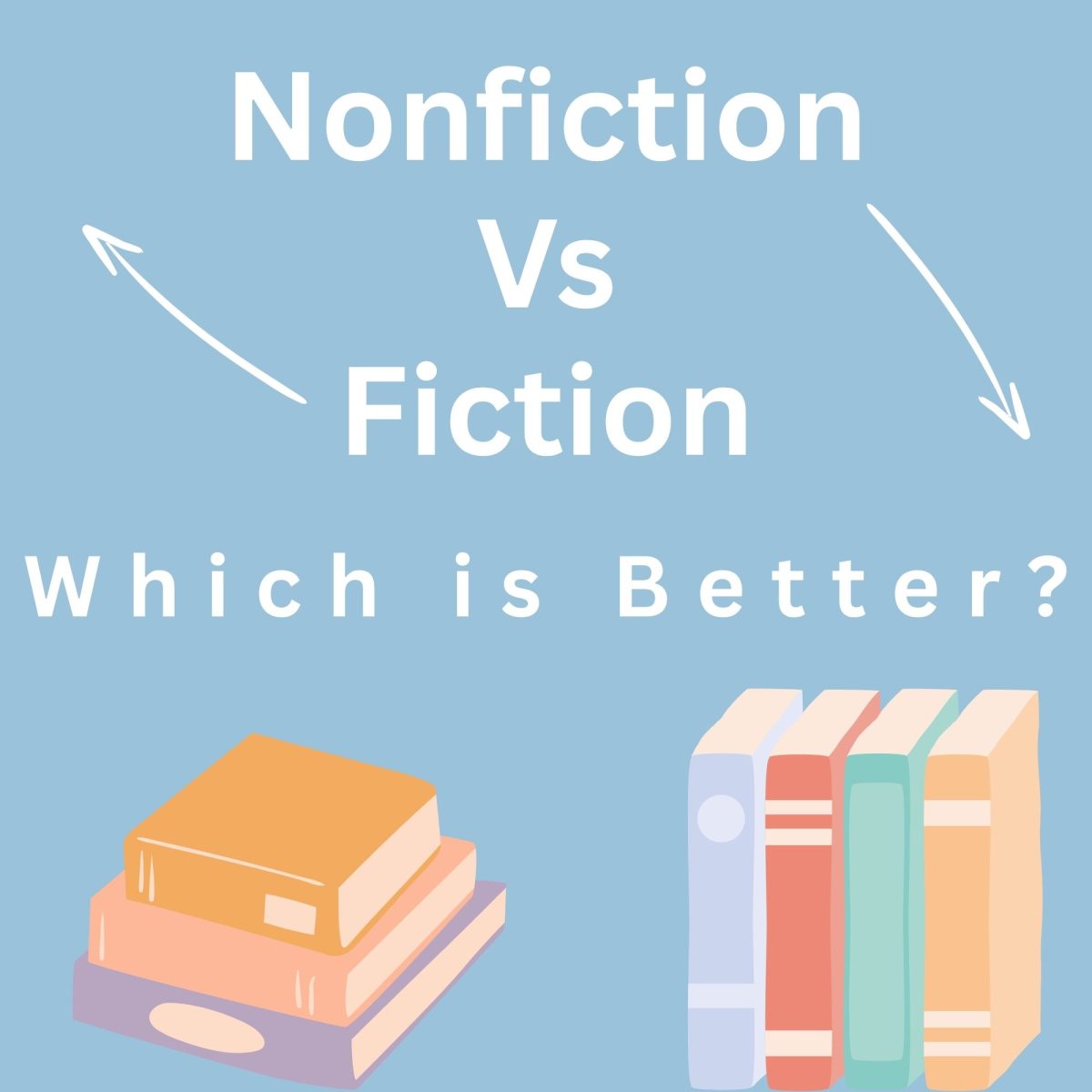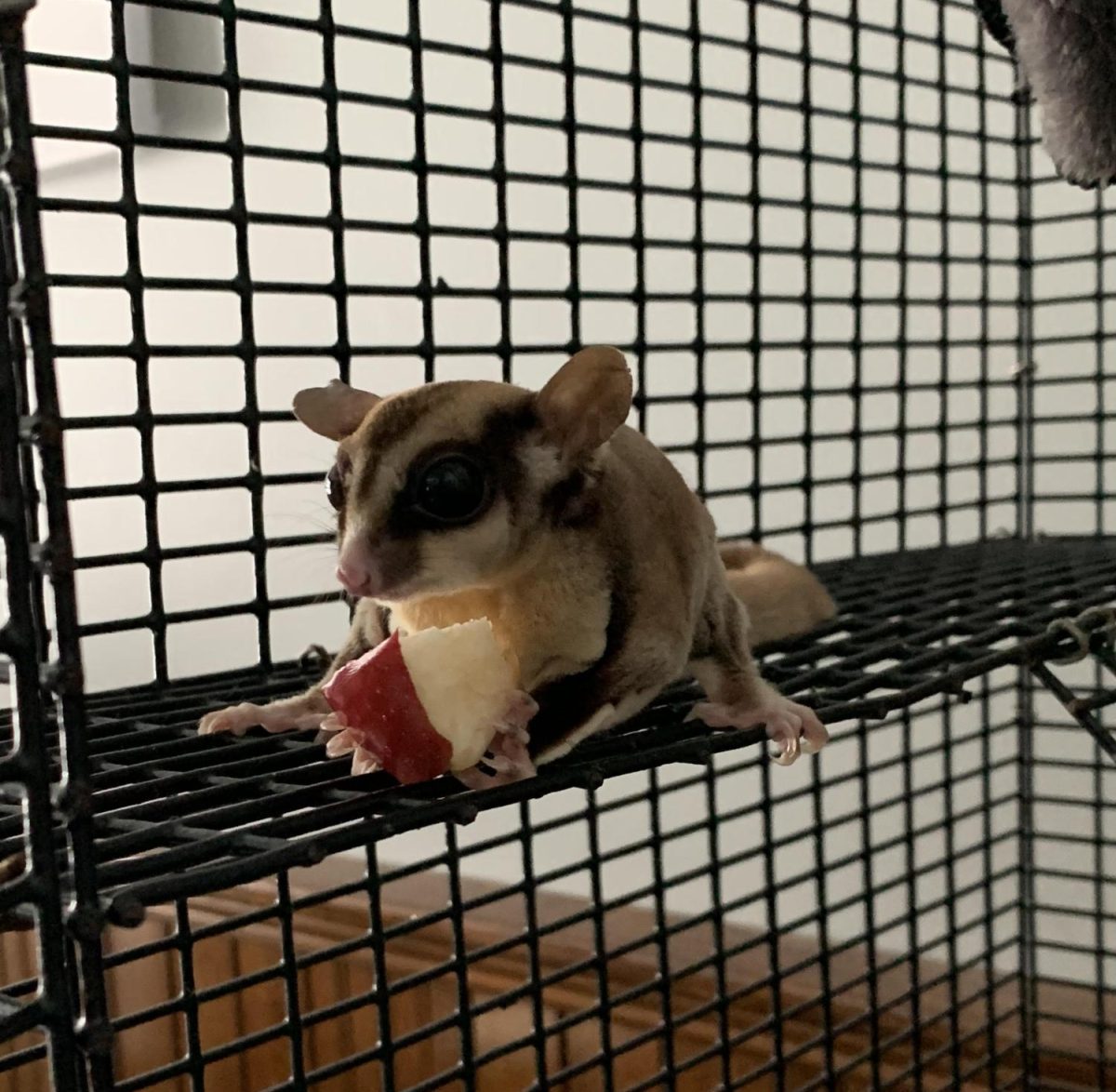What is Mental Health?
Mental health is a big subject, and for many people, it has impacted them significantly at some point. Mental health is a state of being that can allow people to cope with stress in life, realize their capabilities, work and learn well, and help out their community. But it can also harm someone socially and physically. When someone has bad mental health it may be really hard for them to perform everyday tasks like getting up in the morning, doing homework, socializing with friends, and even hygiene. One in five Americans are diagnosed with mental illness and one in eight people worldwide.
You may know someone who struggles with mental health, they may be open about it or not. Mental health can cause many mental disorders such as depression, anxiety, obsessive-compulsive disorder (OCD), post-traumatic stress disorder (PTSD), bipolar disorder, borderline personality disorder, or schizophrenia. You may have heard some of these which are very serious even if it doesn’t seem like it. These disorders could lead to suicidal thoughts or suicidal attempts, they could also lead to people possibly hurting others. Though it isn’t all too common it is a possibility and the percentages are higher than they should be.
What Illnesses Are Most Common For Teens?
Teenagers from ages 13-18 most commonly struggle with anxiety, depression, attention deficit hyperactivity disorder (ADHD), and eating disorders.
Anxiety Disorders:
In teenagers, some common anxiety disorders are PTSD, social anxiety disorder, OCD, and various phobias. Anxiety disorders occur in around 32% of 13 to 18-year-olds. OASH says that around eleven percent of youth ages 12-17 & seven percent of children ages 7-11 have had a diagnosis of anxiety disorders. Around the globe, the amount of youth experiencing symptoms of anxiety had nearly doubled during the first year of the COVID-19 pandemic.
Depression:
Depression can affect many things including bad mood, thoughts, physical activity, and daily tasks such as eating, sleeping, showering, brushing hair and teeth, and doing your work. Depression affects approximately 13% of youth ages 12 to 17 years old. Depression can be either major or minor. Some examples of major depression include major depressive disorder and seasonal affective disorder, commonly referred to as seasonal depression.
ADHD:
ADHD is one of the most common disorders affecting youth, with about nine percent of 13-18-year-olds experiencing it. Some symptoms of ADHD include it being difficult to focus (inattention), an excess amount of movement that does not fit the environment (hyperactivity), and a brief action that can occur in movement without thought (impulsivity).
Eating Disorders:
Some examples of eating disorders are anorexia nervosa, bulimia, and binge eating disorder. Eating disorders are classified as abnormal and extreme eating habits such as restriction of eating or excess eating. Eating disorders occur in almost 3% of teens ages 13-18. Eating disorders are very dangerous, if you are restricting your eating that can lead to malnourishment which can lead to many health issues, some being heart problems, internal bleeding, and fainting. If you are binge eating that can also cause many problems with your health, some being, type two diabetes, heart problems, and some cancers.
What Can You do to Cope?
There are many different ways that people deal with mental illnesses. Some people are prescribed medication to help with ADHD, depression, or anxiety. Some people do activities to help, such as sports, dance, theater, art, music and so much more. Find what brings you joy, peace, and clarity. Do what helps you and try not to worry about what others think, they may also be struggling with mental illnesses and might not know how to cope or get help which can be scary. You never know the struggles someone has faced so always carry yourself with kindness.
How Can You or Someone You Know Get Help?
There are many ways for you or someone you know to get help! If you or someone you know is in a life-threatening situation call 911 or go to the nearest emergency room. If you are having any suicidal ideations consider calling or texting 988 the national suicide prevention line. You will get in contact with a trained crisis consular. 988 provides 24-hour service and confidential support to anyone who is in emotional distress or having any suicidal ideations. If you are in need of a specialized LGBTQIA+ consular text “Q” or on call press “3.” If you are a veteran you can press “1” for a trained responder or text “838255.” This line is also 24 hours and confidential. If you have experienced a disaster, call or text 1-800-985-5990. This helpline provides immediate crisis counseling for anyone experiencing emotional distress caused by any human or natural disaster. This helpline is yet again 24 hours and confidential, it also offers service in more than 100 languages. There are so many more amazing resources at your disposal.
We are very lucky to live in towns with great resources. Some nearby places are, R.O.O.T.S. at Evergreen Grove in Gardner for ages 12-24, Inspire Counseling in Leominster, Clinical and Support Options in Gardner, Therapy Together in Westminster, and Sparks Counseling Services in Gardner. Those are only a few of the amazing therapy places around us, some of them provide online therapy if you do not want to physically go into an office. If you ever need help with any social, emotional, or mental health these places are here to help you. I am aware that it may be hard to reach out, but it is better to get help than to struggle in silence. People do care and people do want to help.
How Does This All Relate to Oakmont?
You may be wondering why, why would you talk about all of this. Well, we are in high school and I might only be a freshman, but I have heard from many people that school is a stressful environment. All the work you have to get done, wondering if your grades are good, showing up for clubs, people can be rude, and so much more. These can all cause a lot of anxiety which is a part of your mental health. These could also affect you if you are already struggling with mental health disorders. Thankfully, we have amazing guidance counselors at Oakmont who will be there for you if you need anything. Remember that the tough times get better, and you will make it through. Reach out if needed, people care.
“Mental health problems don’t define who you are.
They are something you experience.
You walk in the rain and you feel the rain,
but you are not the rain.”
-Matt Haig



